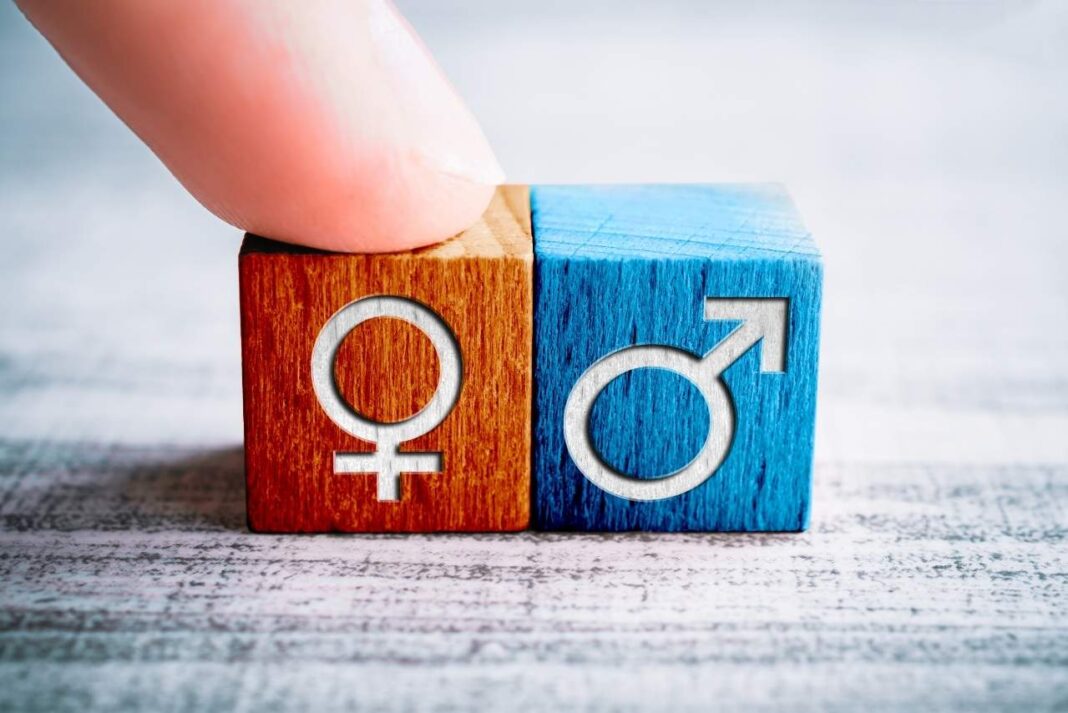We know that gender roles are powerful social constructs that shape our lives, our selves, and even our future. But do we realize how much they affect our psychology? Gender roles start shaping us even before we are born. This interaction is called prenatal programming. Traumas of the expectant mother can be passed to the baby through biological and psychological pathways. In other words, we are all affected by these roles before we are born.
These roles have a certain determinism, and women are expected to be emotional and self-sacrificing, while men are expected to be strong and unemotional. Although these roles are influenced by culture and may vary in some respects, in general, gender norms affect every culture. For example, in Eastern cultures, family and traditional roles are more dominant, while in Western cultures, both traditional norms and the modern pursuit of freedom are shaped by a cultural tension.
We all incorporate the effects of these roles into our lives, sometimes without even realizing it. We should be more aware of these roles that affect our personality, mental health, family dynamics, and future potential, and we should begin to influence both ourselves and our surroundings in a more conscious way.
Childhood and Family Influence on Gender Roles
We can choose neither our family nor the country where we will be born, but these are important environmental factors that shape us. If the parents raising their children are under the influence of traditional gender stereotypes, the child who looks up to them and grows up in that family environment will be affected.
Parental expectations, teachings, or behaviors may show girls to be submissive: girls may grow up exposed to pressures such as being responsible for housework or placing too much emphasis on physical appearance. This can lead to self-confidence issues, eating disorders, obsessive-compulsive behaviors, and mental health challenges like depression and anxiety.
In boys, if there is pressure to be strong and independent, they may suppress their emotions, which can lead to emotional regulation issues. Bottled-up feelings may trigger further psychological problems. Societal pressure can cause children to move away from their true selves, which is why accepting each child as unique and focusing on their individual emotional development is so important.
Emotional Expression and Gender Stereotypes
In some cases, gender roles go so far that we become confused about how to express our emotions. Women are often thought to be delicate and overly emotional, but this stereotype is misleading. Women are not fragilecthey are strong and have the right to express anger, assertiveness, and boundaries when necessary.
Limiting women to these expressive roles may force them to suppress their emotions or adopt inauthentic behaviors. Likewise, in most societies, sayings like “men don’t cry” lead men to suppress their emotions. These conditions can increase the likelihood of depression, post-traumatic stress disorder, and generalized anxiety disorder.
What’s crucial is not judging our emotions by outdated roles but rather recognizing and validating our emotional needs and developing emotional awareness.
Academic Success and Gender-Based Career Barriers
Gender stereotypes also affect career choices and professional development. While some progress has been made, men are still viewed as logical leaders and are steered toward fields like engineering, policing, executive management, and politics.
Women, meanwhile, are channeled into careers like teaching, nursing, and fashion, perceived as more emotional and nurturing. Historically, women were even barred from education. Today, although many legal barriers have been lifted, societal pressures still hinder men from entering fields like beauty or early childhood education, and women are often sidelined in leadership roles.
These limitations not only disrupt career satisfaction but also cause stress, burnout, loss of self-confidence, and other psychological disorders. They may even unconsciously steer individuals away from careers they truly desire. For instance, someone who loves politics may never consider studying it due to internalized biases. Therefore, it is vital to explore our authentic interests and build a career that reflects our individuality.
Alienation and Gender-Based Identity Conflicts
Gender roles can exacerbate identity struggles, especially during adolescence. They can prevent individuals from understanding themselves, forcing them into personalities they don’t identify with. The clash between an individual and these roles may result in self-alienation, identity crises, and psychological distress.
As noted by Kernis & Goldman (2006), “Self-alienation is a psychological condition that occurs as a result of the individual losing their freedom and being shaped according to social expectations.” This means people who do not conform to gender norms may alienate themselves, feel excluded from society, and may suppress their true identities.
These pressures increase the likelihood of depression, social isolation, anxiety, and internal conflict. For healthy identity development, we must create environments that focus on personal experiences, inner peace, and freedom from rigid molds.
In Conclusion: Challenging Gender Norms for Mental Health and Growth
Although there are countless more issues, gender roles deeply affect our mental health, personality development, emotional world, and long-term goals from the very beginning of life. While we have made progress in awareness and inclusion, unconscious societal pressures and gendered expectations continue to shape us.
Increasing gender role awareness and actively reshaping societal narratives provides opportunities for both current and future generations. As individuals become aware, they can begin to break free from social molds and reach their full potential.
To raise emotionally healthier and more productive individuals and build a more inclusive society, we must challenge the patterns we’ve internalized and, if needed, seek professional support for personal growth.
References:
-
The Embryo Project Encyclopedia. (n.d.). Fetal programming. Arizona State University.
-
Bozkurt, B. N., & Arıcı Şahin, F. (2023). Relationships among traditional gender roles, acceptance of external influence and self-alienation: The mediator role of internalized sexism.
-
Rosenfield et al., 2017, Journal of Anxiety Disorders
-
Wittchen et al., 2010, Journal of Affective Disorders
-
Breslau, 2002, Journal of Traumatic Stress
-
Mahalik et al., 2003, Journal of Clinical Psychology



